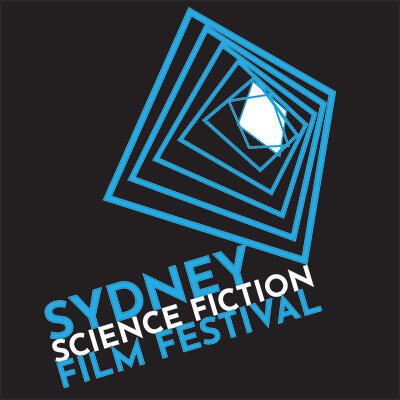RENOWNED ASTROPHYSICIST ANNOUNCED AS SYDNEY SCIENCE FICTION FILM FESTIVAL PATRON
OCTOBER 24, 2020
The Sydney Science Fiction Film Festival (SSFFF) is honoured to welcome Dr Maria Cunningham as the event’s latest Festival Patron. One of the world’s most respected radio astronomers and a senior lecturer at the University of New South Wales (UNSW)’ School of Physics, Dr Cunningham joins film director Alex Proyas as a patron of the inaugural event, a true celebration of international science-fiction culture with 19 countries represented in the 2020 line-up.
“Maria’s extraordinary combination of scientific brilliance, academic prowess and genre fan passion makes her one of the most unique individuals in the world of astrophysics,” says SSFFF Festival Director, Simon Foster. “To have someone of her stature contribute to the establishment and growth of our festival is beyond any development we could have hoped for. It is a privilege to have her commit her valuable time and invaluable knowledge to the Sydney Science Fiction Film Festival.”
“Science fiction is how the majority of people interact with science, even though they are not conscious that this is what they are doing,” says Dr Cunningham, who was inspired as a 12 year-old by astrophysicist Fred Hoyle’s 1957 novel The Black Cloud. “When we watch popular movies such as Deep Impact or The Martian, our interest is sparked enough to look for more information. We discover that sci-fi has provided good factual information as a base for further exploration.”
This deep appreciation of speculative storytelling led to Dr Cunningham convening the hugely popular course ‘Brave New World’. Designed to present and discuss science fact and fiction to students from non-scientific backgrounds, her lectures explore the relationship between literature, science, and society, often utilising such pop culture benchmarks as Futurama and Macguyver.
Within the course structure, attendees will hear references to such science-fiction works as Contact (“It shows just how far our radio broadcasts have already gone”); The Planet of The Apes (“A great example of special relativity”); and, Another Earth (“Explores the implications of discovering – and accessing – a parallel world”). Says Dr Cunningham, “Science fiction gives us a space to explore complex – and seemingly impossible – concepts in playful, engaging ways.”
“Our world is changing faster than at any time in human history,” she observes. “This body of popularly accessible work gives us all the ability to imagine how scientific and technological discoveries could change our future. It speaks to how we can best as a society collectively manage both the promised and dangers of possible changes.”
Internationally renowned in her field, Dr Cunningham specialises in research into the interstellar medium (“The stuff between the stars,” as she calls it), home to over 200 complex organic molecules that represent the building blocks of life. Part of her research involves searching for new "biogenic" molecules in space, to help modern science understand how life formed so quickly on the surface of the newly formed planet Earth.
From an early fascination with mathematics, she ended up doing a PhD with the Radiophysics Division at the CSIRO’s Australia Telescope National Facility. “After being offered several projects, the one studying ‘dark, molecular clouds’ seemed like a match made in heaven,” she says, “bringing my love of science fiction and maths/physics together.”

